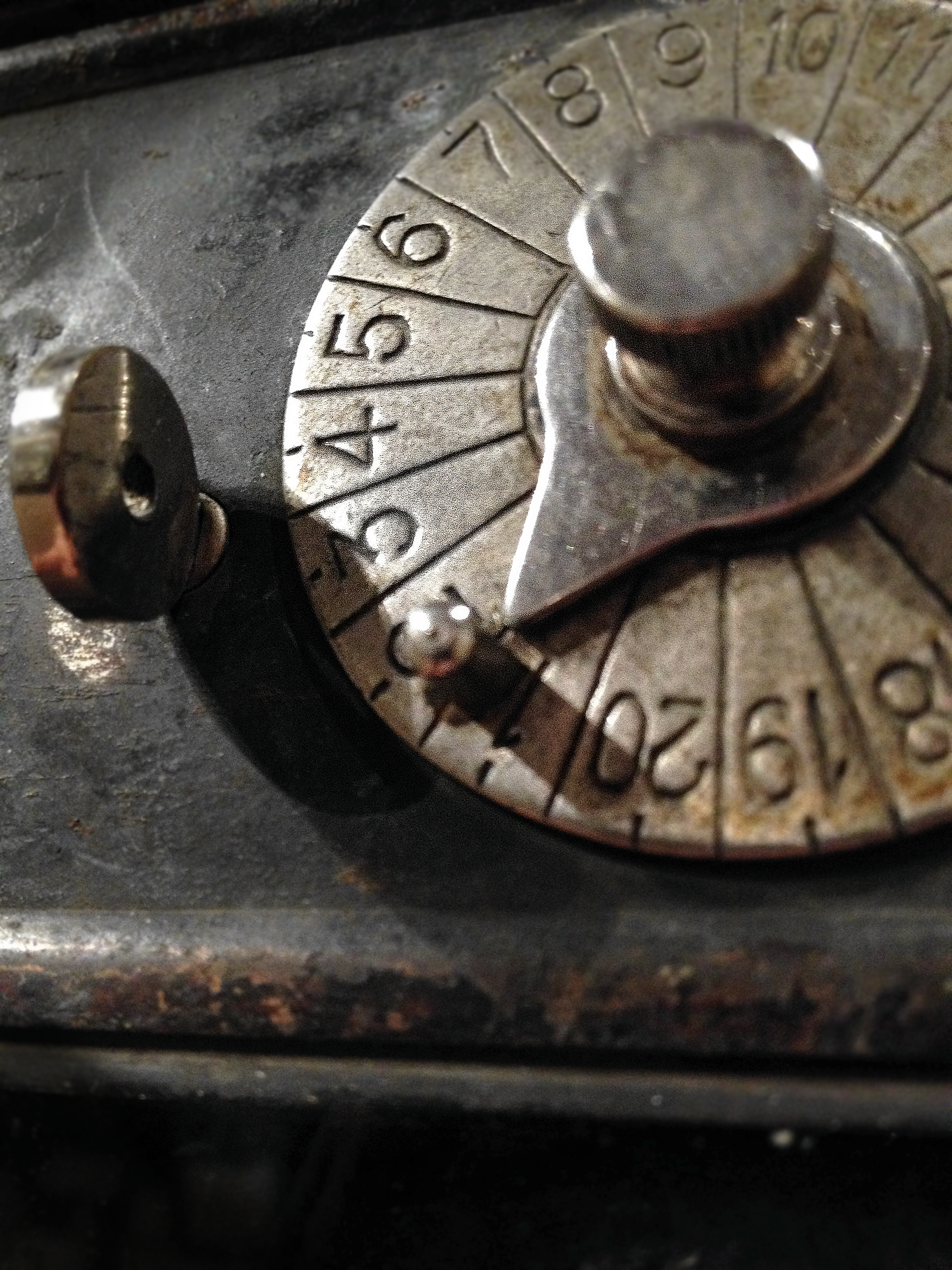

Both spouses involved in a divorce have legal obligations and ethical duties to fully disclose their individual and shared financial assets. This information includes, but is not limited to,
Divorcing spouses tend to view financial disclosure differently.
The spouse who files for divorce almost always welcomes sharing the information even though doing so takes a good deal of effort and time. A full accounting of financial assets permits an equitable division of property and provides a basis for requesting sufficient spousal support. The defendant spouse, however, can treat financial disclosure as an unwelcome chore that places them at a disadvantage in negotiations, arbitrations, mediations, and trial. Even less productively, they can treat financial disclosure as a game they intend to win, even if they have to cheat.
Hiding assets during a divorce is against the law. Penalties for getting caught can include cash fines, wage garnishments, and asset forfeitures. This does not stop some husbands and wives from doing things like
Uncovering such attempts to hide assets is one of the principle services an experienced Columbus, Ohio, divorce attorney can provide. Only so many ways to move and stash money exist; a divorce lawyer who has been practicing for decades will have seen them all. A long-serving attorney will also have access to a network of financial planners, forensic accountants, and private investigators who can expertly and legally collect and analyze evidence that a spouse is improperly hiding assets.
Looking into suspicions that a person going through a divorce has intentionally underreported assets or taken steps to withhold financial information is a complicated process. Doing so also raises issues related to privacy protections. Spouses are allowed to keep some information to themselves even when going through a divorce, and collecting many types of evidence without a subpoena constitutes a crime. Working with an attorney for finding hidden assets gives a man or woman the best chance for learning as much information as possible while avoiding any problems.
Find out how a divorce attorney with Edward F. Whipps & Associates can protect you from a spouse’s attempts to hide assets by calling (614) 461-6006 or scheduling a consultation online. We have offices in Columbus and Dublin, and we have represented husbands, wives, and members of same-sex couples end their marriages equitably and amicably.
July 28, 2014
Edward F. Whipps & Associates is excited to announce that on August 1, 2014, we will have a new and…
READ MORE >>